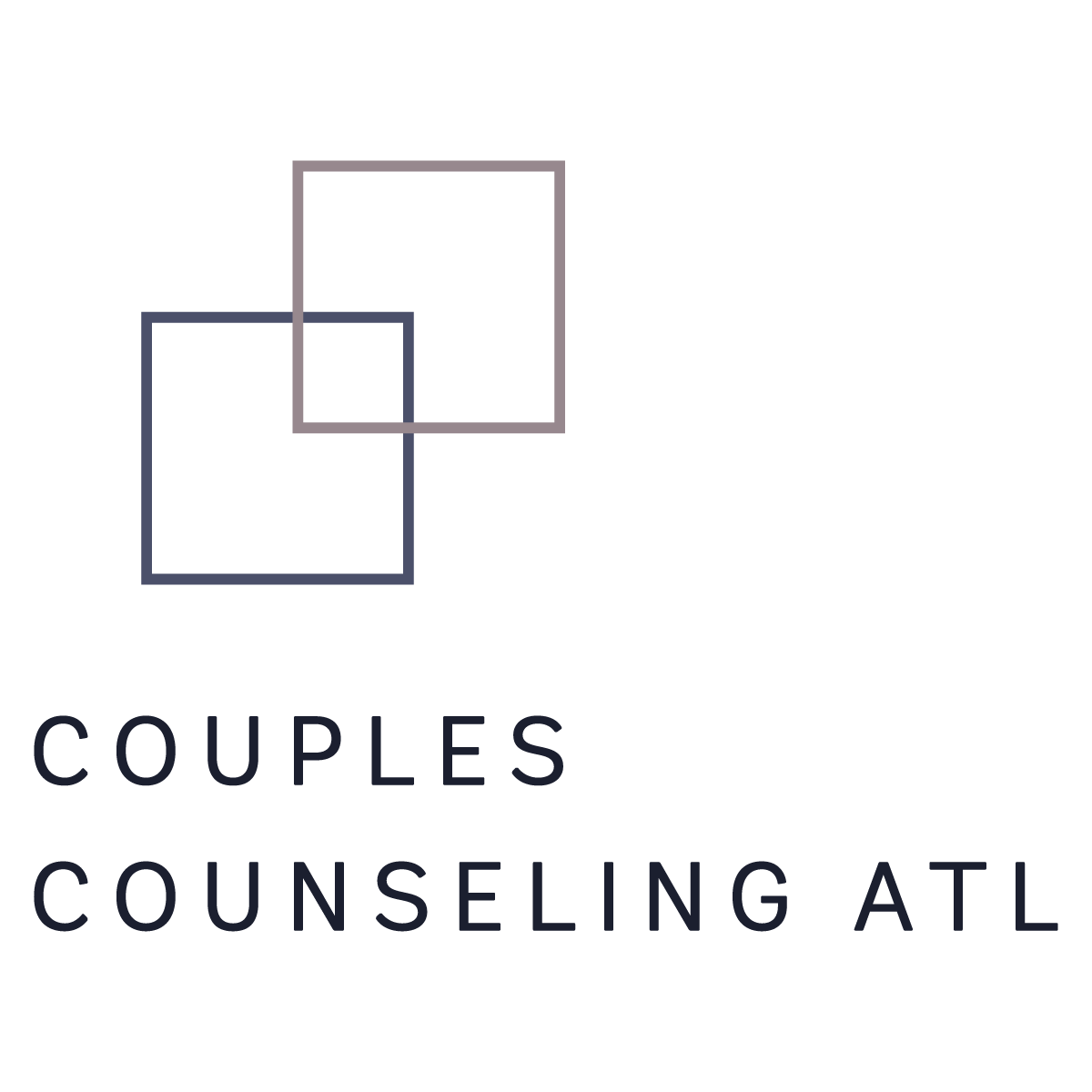Want a Better Relationship? Update Your "Love Map"
I often recommend Dr. John Gottman's most famous book, Seven Principles of Making Marriage Work, to any of my clients interested in improving their relationship, whether they're single, partnered, married, or divorced.
I teach the skills outlined in this book to help partners with the many difficulties related to conflict styles, communication, and strategies to heal long-term romantic relationships. In today's blog post, I discuss Gottman's first principle for creating a good relationship--truly knowing your partner by building a "love map".
Good Relationship Principle #1: Keep Updating Your "Love Maps"
How do you make a relationship work? You start by building intimacy and closeness. And then you have to work hard to maintain it.
So, what creates intimacy? The key is knowing your partner. The more you get to know your partner, and I mean, really know your partner, the more that you create real intimacy in your relationship.
It's easy in the beginning. When emotions are high, and you're in love, you want to know everything about your beloved. Your curiosity about them is natural, and you're eager to learn who they are, which of course, makes you feel even closer to them.
Dr. John Gottman, the premier relationship researcher of the last 40 years, calls this act of "knowing your partner" having a "love map" of your partner. Having a "love map" of your partner over time is what keeps the intimacy alive. It's about knowing the details of their life, their hopes, their dreams, etc. Here's an easy way to remember this:
Intimacy --> In--ti--ma--cy --> In--to--me--see --> In--to--me--you--see --> You--see--me! > You--know--me--and--you--love--me!!!
If only knowing your partner was that simple. It isn't just a light switch you turn on that stays on forever. It's important to remember that even the closest of relationships can deteriorate over time if neglected.
All people change, including you--and your partner, too. If you're not aware of how your partner is changing, you'll stop feeling close to them. And vice versa. Loving relationships can still fall apart. I see it all the time in couples therapy.
Equip yourself to handle the inevitable stressful events and arguments whenever they happen. The typical changes that occur throughout the lifespan of a relationship, such as getting married, moving in together, having children, and adult children leaving the house, are better handled by couples who are intimately "in touch" with one another.
How Well Do You Know Your Partner? How Well Do They Know You?
Here's the lovemap self-assessment to see how well you know your partner. Take some time to answer True or False to each of the following questions.
Love Map Questionnaire
1. I can name my partner's best friend. T or F
2. I can tell you what stresses my partner is currently facing. T or F
3. I know the names of some of the people who have been irritating my partner lately. T or F
4. I can tell you some of my partner's life dreams. T or F
5. I am very familiar with my partner's religious beliefs and ideas. T or F
6. I can tell you about my partner's underlying philosophy of life. T or F
7. I can list the relatives my partner likes the least. T or F
8. I know my partner's favorite music. T or F
9. I can list my partner's three favorite movies. T or F
10. My spouse is familiar with my current stresses. T or F
11. I know the three most special times in my partner's life. T or F
12. I can tell you the most stressful thing that happened to my partner as a child. T or F
13. I can list my partner's primary aspirations and hopes in life. T or F
14. I know my partner's major current worries. T or F
15. My partner knows who my friends are. T or F
16. I know what my partner would do if he or she suddenly won the lottery. T or F
17. I can tell you in detail my first impressions of my partner. T or F
18. I feel that my partner knows me pretty well. T or F
19. My partner is familiar with my hopes and aspirations. T or F
20. I
Scoring:
Give yourself one point for each "true" answer.
10 & above - consider your "love map" knowledge of your partner a strength.
10 and below - consider your "love map" knowledge of your partner a weakness. Either you do not have a love map or it needs to be updated.
Want more?
Want to improve your relationship right now? Spend some time asking your partner open-ended questions. Need ideas? Download the Gottman Institute's "Card Deck" through any smartphone and get going!
Keep Updating Your Love Maps for a healthy future
Remember, all relationships are a work in progress. And all links need to be cared for for two people to stay close and loving. So keep asking your partner questions, and learning about who they are now, and who they are becoming. And let your partner know you--keep answering their questions. The moment you think you know everything about your partner, you've moved closer to losing your connection.
Please feel free to comment on this article. I'm always looking for feedback and suggestions for future topics!
ABOUT: Stephanie Cook, LCSW, provides in-person and online counseling services to couples; she is the only certified Gottman Couples therapist in Atlanta and is the executive director of Couples Counseling ATL, LLC,

